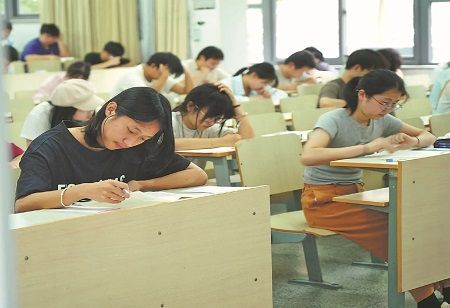- Chinese universities are downsizing or canceling foreign language programs amid AI-driven translation advances.
- Top institutions like USTC and BLCU have halted admissions in English, Japanese, Korean, and Italian language majors.
- From a 2010 peak of 850,000 English majors, language degrees are now in decline as China pivots to tech-focused education.
Foreign language degrees in China, previously gateways to rewarding professional opportunities, are experiencing a sudden upheaval as artificial intelligence (AI) transforms long-established linguistic careers and universities reassess educational programs and offerings in light of shifting industry needs. The increasing ability of AI to translate and interpret instantaneously and an enhanced national interest in science, technology, and innovation have prompted numerous institutions to reduce or eliminate language programs previously considered to be crucial.
In 2023, the University of Science and Technology of China in Hefei, Anhui province, was among the first top schools to cancel its English major, a dramatic departure from long-standing academic tradition. The trend rolled over into 2024, when Beijing Language and Culture University and the University of International Business and Economics halted admissions in several master's programs in less widely taught languages such as Japanese translation and Italian interpretation. In May that year, Shandong province's University of Jinan suspended enrolment for nine undergraduate programs, including Korean and German. Around the same time, Shenyang Aerospace University in Liaoning province put a pause on 10 majors, among them English.
Statistics from the Chinese Ministry of Education's undergraduate major approval list for 2018-2022 also indicate a more general trend, as 109 universities cancelled a total of 28 foreign language-related majors. Japanese programs were cancelled by 26 institutions, English programs by 21, and Korean programs by 10, indicating a drastic shift in assessment of the place these majors have in today's employment market.
This is a far cry from the golden age of language learning in China between about 1999 and 2010. Inspired by China's entry into the World Trade Organization in 2001, there was a huge demand for foreign language skills, with the number of institutions teaching such programs increasing from 200 to more than 600.
By 2010, there were some 850,000 English majors across the country, with job rates over 90 percent and graduates frequently securing starting salaries well above the national average. Now, though, as computer-based translation software gets better and the economic priorities of globalization change, the popularity and usefulness of traditional language degrees are being reconsidered at a fundamental level.

